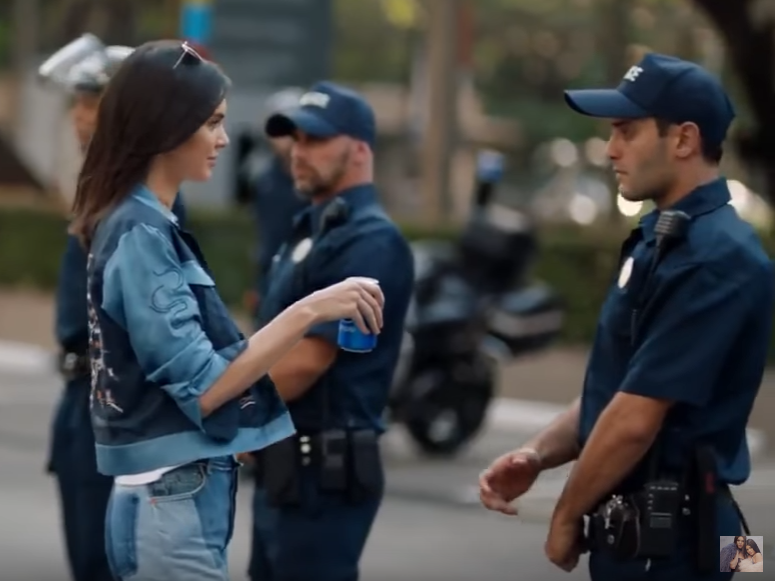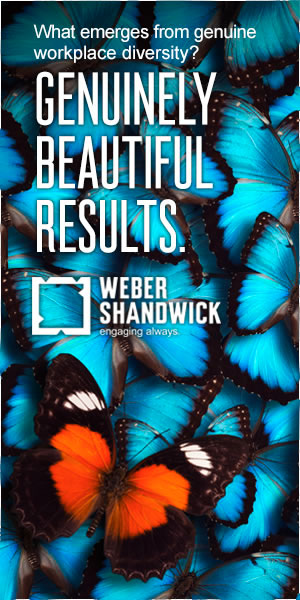As the entire world knows by now (with the possible exception of Kim Jong-un), Pepsi, as part of their “Live for the now moments” campaign, released an ad that was completely tone deaf to the “now.” It was a two-minute demonstration of what happens when marketers try to connect without thinking of context.
To Pepsi’s surprise, but not to ours, the ad was met with unprecedented outrage and backlash. After a night of controversy and a 7000% increase of social mentions, Pepsi pulled the ad and issued this apology: “Pepsi was trying to project a global message of unity, peace and understanding. Clearly, we missed the mark, and we apologize. We did not intend to make light of any serious issue,” said the company according to The Daily Beast.
As someone working in the ad industry, and on digital strategy in particular, I was disappointed. I hoped that as a society we would be further along. But as a young Black woman, I’d be lying if I said this was shocking.
The way to avoid this disaster is simple, but organization leaders seem to exhaust every other option before considering they have a diversity problem. The answer: Hire people who aren’t white and male. Even more importantly, place them in positions of power so they can have a say about what makes it out the door. In the meantime, create a culture that is inclusive and respectful so even when they don’t have the highest title, they can feel comfortable speaking up. In this day, your brand reputation and success depends on it.
Here are some key guidelines marketers should take from the Pepsi fiasco:
Authenticity is key. In an age of political and racial upheaval, brands may feel the urge to create content that speaks to these tensions. Yes, millennials love a good cause. But you might as well stay out of the conversation if you can’t bring something new and genuine to the landscape. When your community involvement is a google search away, your social content better match your organizational priorities.
Social forces brand accountability. The transparency of the internet and the accessibility of social media force brands to be accountable for their content. This ranges from simple customer service complaints to full blown hashtags (remember #deleteuber?). Social gives a voice and power to those who would normally be left out of the conversation. Brands should be warned: Black Twitter is nothing to co-opt.
Stay in your lane. Not every brand needs to make a political or cultural statement. Brands that aren’t organically connected to statements can still be involved by hiring people of color in front of and behind the camera.When you force your way into conversations, you distance yourself from the people you’re trying to attract (and usually look foolish). Once you’ve decided that your brand should take a stance, think critically about what players you bring in. Using popularity as the only criteria for partnerships is a pitfall brands make all too often leading to shallow and disingenuous content. Right players + right brand = potentially great (relevant) content.
Unfortunately for Pepsi – but perhaps fortunately for the rest of us – this has been a painful and expensive lesson for all marketers as we struggle to navigate the current climate – together.
Onward.


